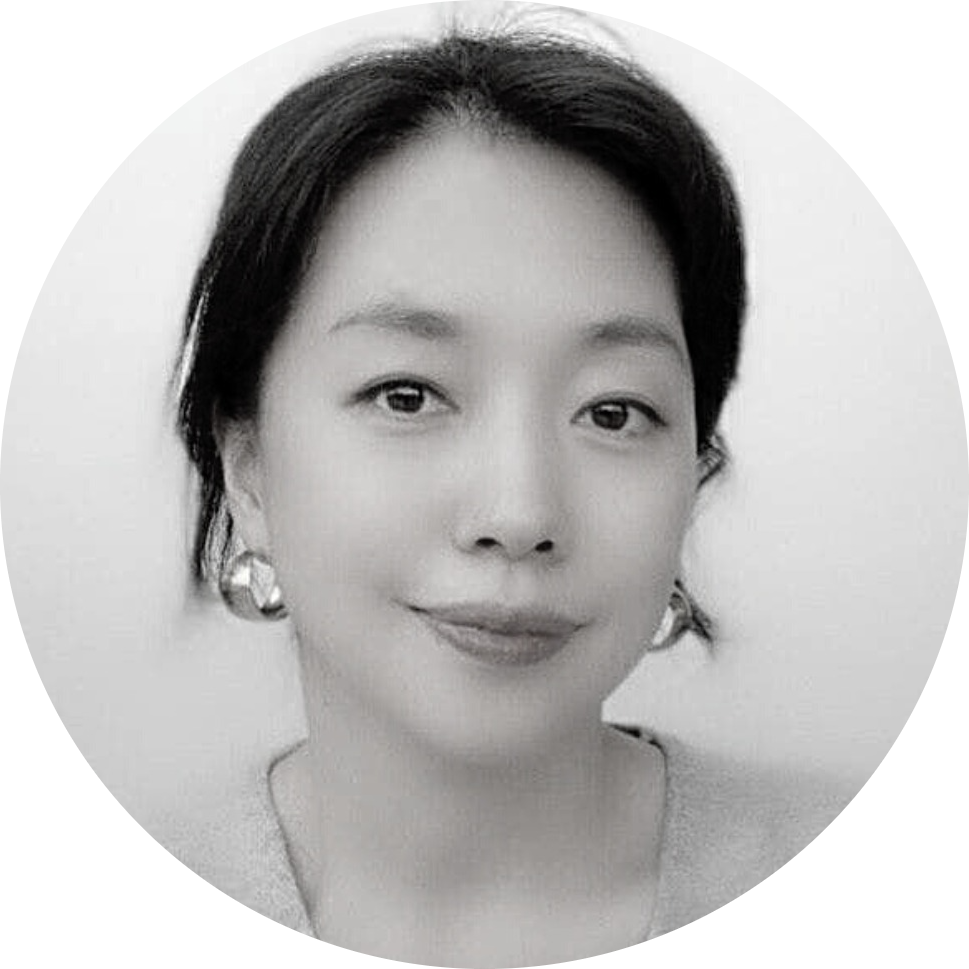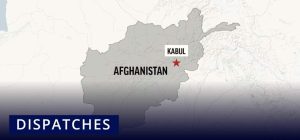
By Dr Anna Choi, Director and Senior Research Fellow at Future Consensus Institute, South Korea
The 2022 FIFA World Cup has kicked off in Qatar and stadiums are filled with cheers from fans supporting their home countries and players. As international sports events like the Olympics and the World cup provide a platform for people to come together and connect to the broader world, this world cup – the first World Cup in the Middle East- is expected to embrace the region with unifying ties.
Not only the Arab region but the whole world is in urgent need of solidarity to push back against global crisis. Experts are warning that humans are witnessing the beginning of the sixth mass extinction. Unlike previous ones, this coming mass extinction is caused by human activity. The current industrial civilization worshipping efficiency and productivity increased the opulence of human society, but with the cost of depletion of nature. The renowned economic and social theorist Jeremy Rifkin argues in his recent book ‘The Age of Resilience’ that we need to rethink our way of life and realign our systems from adapting nature to our species to adapting our species to nature. Both economic and political polarization have increased dramatically in much of the world. The recent poll shows that political divide is so deep that it is even hurting the most intimate relationships as family and friends. The struggle for global hegemony also poses threats to the security of the international community. The heightened US-China rivalry, along with Russia’s invasion of Ukraine, raises the specter of another Cold War plagued by mutual distrust and hostilities. The current global governance structure is incapable of countering the global challenges effectively.
When the house is collapsing, it is not enough to fix the roof or rafters. A major construction work is needed like laying the cornerstone and crossbeams again. It is imperative to develop innovative alternatives for a new governance framework that can better meet the emerging challenges.
With the technological revolution, there is a call for a new social contract enabled by blockchain which holds potential to change the political and social structure. Blockchain, a record of transactions kept on networked computers, is a medium that is decentralized and supports self-sovereign identity. It is expected to profoundly change how we exchange trust with our financial institutions, our governments, our media and with one another.
As Gutenberg printing technology paved the way for a new era of Reformation and Enlightenment, blockchain is expected to revolutionize the governance process. ‘Decentralized Autonomous Organization’ (DAO) is a new model of organisation that reorganizes the way a human being interacts and makes a decision. It is expected to complement the weaknesses of an existing society system and traditional hierarchy structure. Here are key characteristics of DAO deploying blockchain technology. First, is agility. Swift reactions to changes are made possible by enabling each individual to voluntarily carry out activities that fit with the community’s core values after considering a multitude of factors. Second, is scalability. The decision-making process is automated through smart contracts, thereby reducing the procedural and legal inefficiencies of organizations and increasing flexibility of employment. Third, is individual-centric. Personal privacy and decentralized horizontal consensus are core blockchain values. Forth, is transparency. A high level of transparency in the decision-making process leads to greater trust, boosting participation and the likelihood of collaboration.
The growth of a new organizational system is accelerating. During the 12 months period from last year November, there has been about 8 times increase in the overall number of DAO. This new technology foster greater cooperation among multi-stakeholders and, for the first time in history, empower them to impact change beyond relying on nation states and their global institutions. Networks consist of non-state multi-stakeholders are developing their capabilities to solve global problems and even to govern resources in the world. For instance, tokenizing of carbon credits is one of the idea. By enabling each global citizen to buy carbon on their own behalf in a straight peer-to-peer exchange, it can work as a transparent ledger to protect ecosystem.
Incorporation of AI (Artificial Intelligence) and metaverse technology is expected to expand the way people learn and communicte with each other. People develop their capabilities to foster a culture of deliberation and perform active citizenship.
Primatologist Frans De Waal argues in his book ‘The Age of Empathy’ that animals and humans are originally born with the nature of empathy and cooperation. Feeling and acting with empathy for one another shows its value of survival in evolution. Although all technology has its own merits and side effects, the new technology can be a great tool for humans to reach out to others to solve the existential crisis of humanity. Even a sports event can work as a catalyst to mend the conflicts of the region. The technology that enables all stakeholders to equally participate and collaborate in social activities will empower humanity to solve global problems.
Meta data: Dr Anna Choi writes on the changes that blockchain technology can bring to governance structures. With the technological revolution, there is a call for a new social contract enabled by blockchain which holds potential to change the political and social structure.
Key words: Blockchain, AI, Tech revolution, Technology, great power competition, Web 3.0, DAO, digitization, digital transformation, governance and public policy.
Disclaimer: The views expressed in the article are of the author and do not necessarily represent the institute’s policy.


